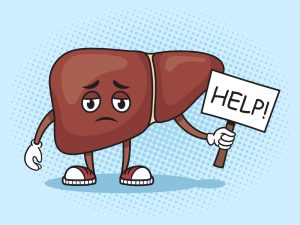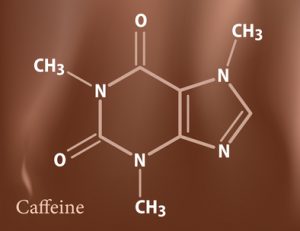 Metabolism is about how a child’s body creates energy, fights disease, and keeps them alive and thriving. It’s the system behind the scenes that controls almost everything – energy levels, hormones, heart health, and even the brain.
Metabolism is about how a child’s body creates energy, fights disease, and keeps them alive and thriving. It’s the system behind the scenes that controls almost everything – energy levels, hormones, heart health, and even the brain.
With Special Needs children it is harder for their bodies to absorb nutrition due to a compromised gut. The gut wall is thus less permeable, and the blood-brain barrier is less permeable, and the nutrition molecules have difficulty passing through.
ERDS™ (Enhanced Rapid Delivery System) works to enhance the nutritional formulas because it improves solubility and absorption. ERDS is a special formulation of vitamins that increases the body’s ability to absorb more of the nutrition available.
ERDS is a proven to be a safe and effective method of improving this absorption and bioavailability of poorly soluble materials. The molecules of most nutrients are too large to be well absorbed by the cells.
The extract in ERDS can make the molecules in the nutritional ingredients smaller and of a shape that is more permeable and able to pass through:
•Intestinal lining
•Blood brain barrier
•Cellular lining.
This means that when ERDS is added to any source of nutrition it increases the amount of nutritional uptake (you get more of the available nutrition into your cells) and also the speed in which the nutrition is absorbed by the body is increased.
TEKNON includes ERDS™ (Enhanced Rapid Delivery System).
It will essentially increase the activity and get more of the Teknon into the gut. It will be able to permeate a variety of cell membranes including the gut, eyes, mouth and skin.
In the gut, malabsorption can also be caused by the rejection of certain compounds by the cells. Teknon enhanced by ERDS inhibit this rejection, and thus improving absorption through the gut wall.
Teknon is based on scientific studies to allow the body to have natural ingredients that have been found to support an optimum metabolism.
Teknon is a natural nutritional supplement to improve metabolism and gut health. ERDS is made up of special extracts of Vitamin E, Vitamin C, Vitamin A and Vitamin D3. Teknon also includes B1, B2, B6, calcium, iron, magnesium and potassium
ERDS is part of the Teknon formula and so it increases the nutrition available from the ingredients in the Teknon formula.
Read more about Teknon Protocol

 Recently, there are quite a few ads praising the weight loss gotten from injecting a drug into your stomach. It is referred to as Pharmaceutical Weight Loss.
Recently, there are quite a few ads praising the weight loss gotten from injecting a drug into your stomach. It is referred to as Pharmaceutical Weight Loss. The liver is the major organ for detoxification. It detoxifies, by metabolizing toxins and/or secreting the toxins out of the body. A damaged fatty liver cannot work to do its job.
The liver is the major organ for detoxification. It detoxifies, by metabolizing toxins and/or secreting the toxins out of the body. A damaged fatty liver cannot work to do its job.
 Is caffeine good for your health?
Is caffeine good for your health? Constipation is a bowel dysfunction that makes bowel movements infrequent or hard to pass.
Constipation is a bowel dysfunction that makes bowel movements infrequent or hard to pass.
 Inflammatory foods pose threats to healthy living because it increases blood sugar, blood pressure, and cholesterol levels causing heart diseases. Heart problems are the leading cause of death in several countries.
Inflammatory foods pose threats to healthy living because it increases blood sugar, blood pressure, and cholesterol levels causing heart diseases. Heart problems are the leading cause of death in several countries. Your liver is the most hardworking organ in your body, filtering out toxins, producing bile, and breaking down fats every day. But did you know that it can become overworked and may need some extra support to continue functioning at its best?
Your liver is the most hardworking organ in your body, filtering out toxins, producing bile, and breaking down fats every day. But did you know that it can become overworked and may need some extra support to continue functioning at its best?